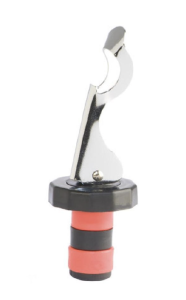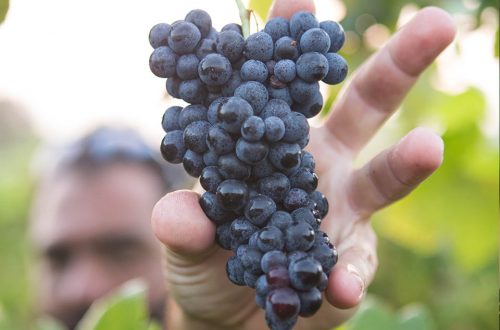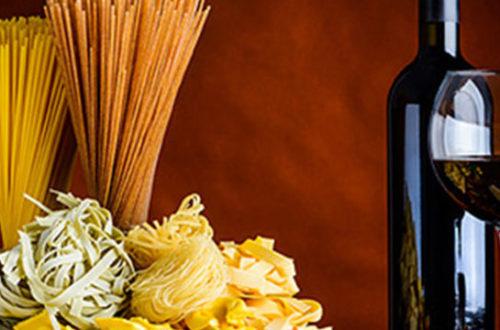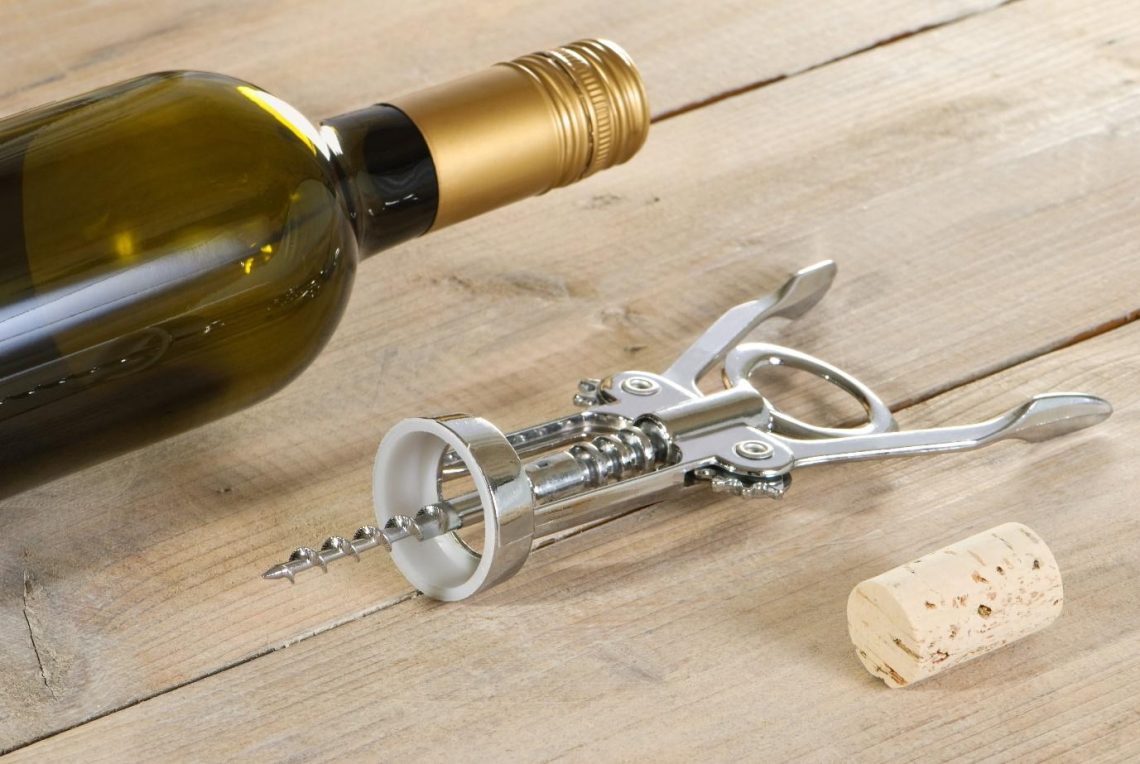
Cork or Screw Cap: The Great Wine Closure Debate
Wine bottles take many shapes, forms, and wine-sealing methods. One of the most exciting aspects of buying and consuming a bottle of wine is hearing that satisfying pop or crackle of tin as you remove the cork or the screw cap.
As a wine enthusiast, you may know that these bottle-sealing options have many advantages and disadvantages. It’s a good idea to consider which wine bottle-sealing method offers the most benefits and whether or not it impacts the wine preservation process and quality.
Which is the best wine-sealing method? Screw caps or corks? We explored the pros and cons of each of these bottle stoppers in this article.
What is a Wine Bottle with a Cork?
A wine bottle with a cork is a bottle of wine that winemakers seal using a cork material. The cork itself is a small, cylindrical seal made from the outer layer of the cork tree oak. Winemakers often use machines to insert the corks into the bottles, which can preserve the quality of the wine.
A few synthetic corks are made from a plastic material that takes the appearance of cork oak. These corks cost less to produce but may be difficult to extract and use to reseal the wine bottle.
What is a Screw-Capped Wine Bottle?
A screw-capped wine bottle is a bottle of wine sealed using an aluminum cap. Screw caps screw onto a bottle neck’s threads and create an air-tight seal, preventing bacteria from entering the wine.
While screw-capped wine bottles preserve the wine, they may cause it to adopt a “metallic taste” in some cases. This taste is a “flint-struck” flavour that may seem similar to smoke. Yet, there are many advantages of screw-capped wine bottles, which we explore in this article.
What Is the Difference Between Corks and Screw Caps?
The main difference between corks and screw caps is that a cork is a traditional wine-sealing method that wine producers use when completing the fermentation process. Screw caps, however, became popular in 1964, and screw cap wines have a different design.
Natural cork materials are completely different to screw caps and are made of cork bark, while screw caps are metal (aluminum) wine sealers that you twist to open the bottle. Now, each bottle-sealing method has pros and cons that you can anticipate when buying a bottle of wine.
Key Advantages and Disadvantages of Corks
A few advantages and disadvantages are important when we consider the cork-sealing method. Here are more details about the important pros (such as material advantages) and cons (such as “cork taint”).
What Are the Advantages of a Cork?
One of the main advantages of a cork is that the material is malleable. This advantage makes it the perfect option to seal the wine in the bottle and keep it in its post-production state until you want to open it with a corkscrew and consume it. It bends to the form of the bottle and seals the wine tightly.
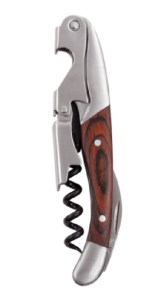
Source: https://www.wineonline.ca/spruce-double-hinged-waiter-s-corkscrew.html
In many situations, the malleability of the cork also makes it the ideal match for wine preservation without compromising the wine’s quality, and it’s suitable for aged wine.
Wine industry-related studies suggest that cork stoppers allow some controlled wine micro-oxygenation during wine aging. This process involves slowly adding controlled levels of oxygen to the wine. It improves the yeast’s health and enhances the wine’s taste, aroma, and structure. It also removes reductive flavours.
What Are the Disadvantages of a Cork?
Corks also have disadvantages that can affect the wine-tasting experience. For example, the cork production can be more expensive than screw caps. Therefore, cheap wine sealing options, such as screw caps, are a more economical alternative for winemakers.
For wine enthusiasts, a cork that winemakers do not seal properly can cause “cork taint.” This process means that the cork’s breathability can affect the seal’s tightness, which impacts the quality of the wine. The cork’s aromatic compounds can transfer into the wine, which affects the wine’s flavour.
You may also have to find an alternative flip-top stopper to recork the bottle after opening it, particularly if the cork expands slightly and you cannot reseal the bottle.
Source: https://www.wineonline.ca/lockdown-flip-top-stopper.html
Key Advantages and Disadvantages of Screw Caps
Screw caps are a viable cork alternative and offer many advantages and disadvantages. Here are the screw cap pros and cons you should consider when selecting your next bottle of wine.
What Are the Advantages of Screw Caps?
Screw-cap wines are easy to open. You will not need an electric corkscrew to open a screw cap because it requires a gentle twist. While you might think that this effortless opening process compromises the quality of the wine, studies show that screw-capped bottles have low dissolved oxygen levels. In terms of wine flavour, this means screw caps can preserve the quality of the wine.
Since a screw cap does not contain aromatic compounds, they do not affect the wine’s flavour like corks. Their tin material and gas barrier property means the taint you might experience with a bottle of wine sealed using a cork doesn’t happen.
Wines that feature a screw cap are also easy to reseal and will not require extra materials or stoppers to close the bottle once you have opened it. This advantage occurs because tin screw caps do not expand once you remove them from the wine bottle.
What Are the Disadvantages of Screw Caps?
On the other hand, screw caps have a few disadvantages. You will notice that, unlike a cork-sealed wine, the breathability of the wine with a screw cap gets restricted due to the material difference. This restriction means the wine’s aging process is limited, which can affect the quality of the wine. For example, a red wine with a screw cap might not age as well as a bottle with a cork, meaning the tannins do not become gentler, more palatable, and smoother over time.
It’s also the case that manufacturers make screw caps with non-renewable materials. This disadvantage means that the rate at which we consume wine and use screw caps to seal the bottles doesn’t match the rate of material replenishment. However, it is possible to recycle aluminum screw caps, which might be considered an advantage of this bottle-sealing method.
Find Top-Quality Cork-Sealed and Screw-Capped Wines at Wine Online
Choosing between bottles of wine sealed with corks and screw-capped bottles can be a difficult choice, but both of them have unique benefits. Whether you prefer to buy cork-sealed or screw-capped wine, your wine-drinking experience will always be exceptional with Wine Online. We offer a variety of corkscrews, wine stoppers, bottles of wine with corks, and screw-capped bottles of wine.
Are you looking for delicious wines to sample? Visit Wine Online to get excellent wines delivered to your door. Receive free shipping when you order a case of wine from Canada’s best online wine retailer – Wine Online.



